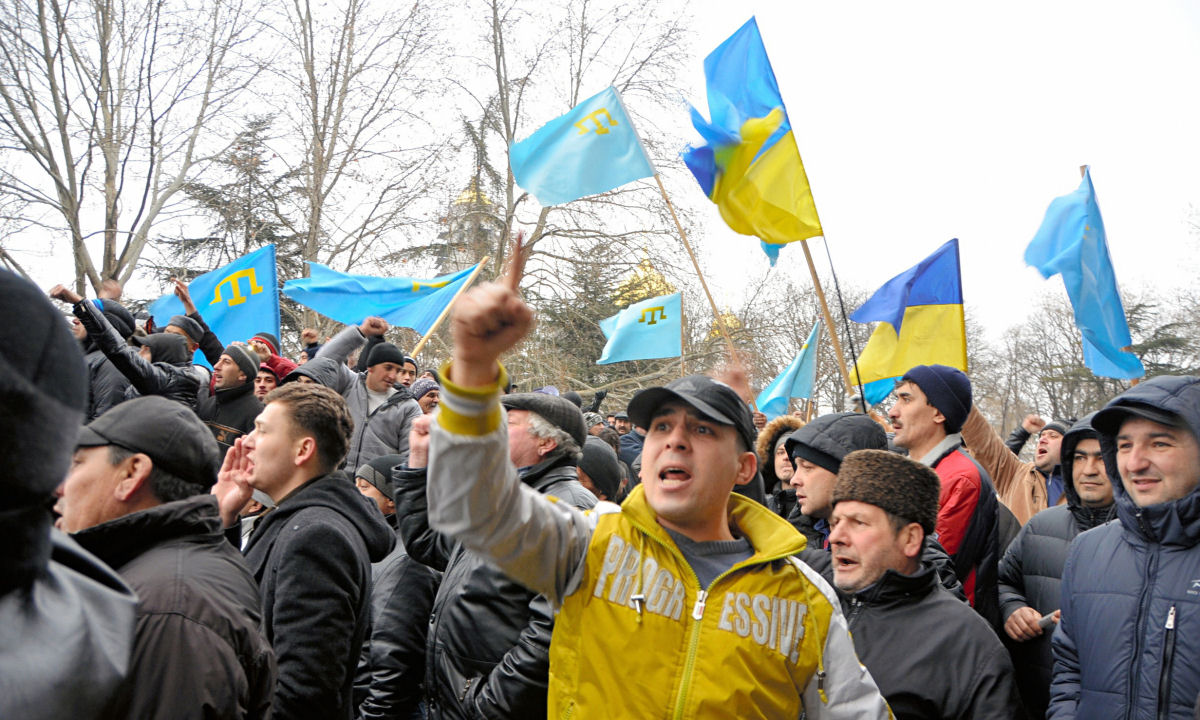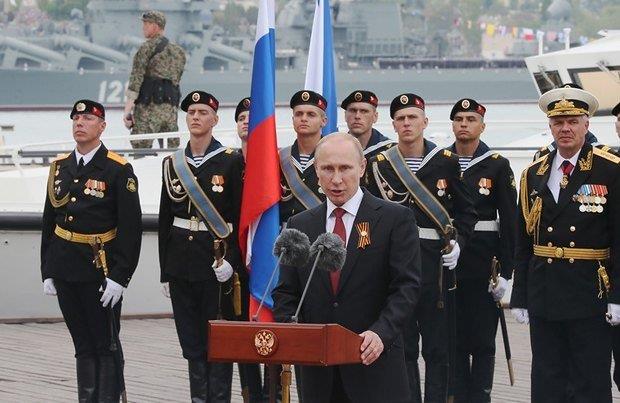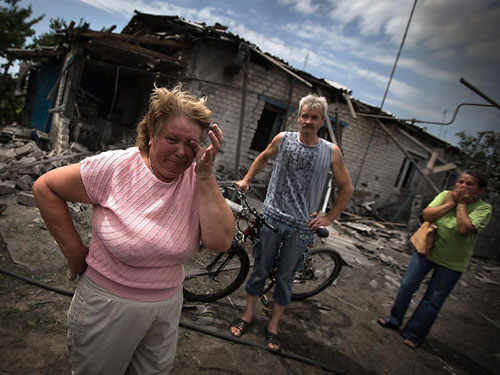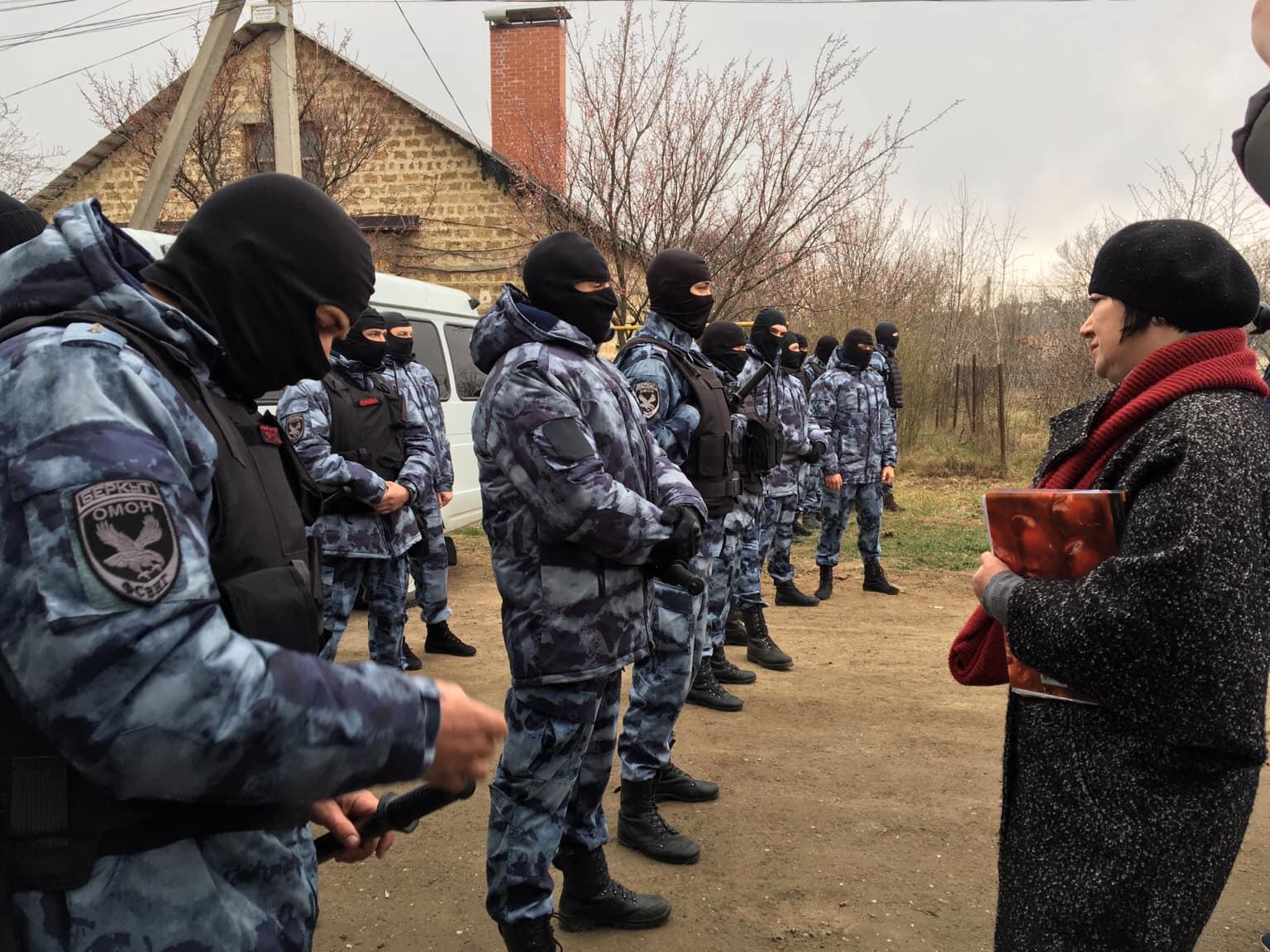Most government outlets have stressed that the new poll shows Russians to have become more acceptant of Crimea being part of the Russian Federation than they were, but the opposition Dozhd television in its report today argues that the poll shows something else -- that “Russians have begun to reflect upon the negative consequences of the annexation.”
Over the last six months, feelings of joy about the annexation and approval of the leadership of the country on this point have fallen, the poll found, as have the percentage of Russians who “are ready to reduce their personal spending in order to finance the new region” of the Russian Federation.
According to the latest poll, the share of Russians who say they feel joy about Crimea now being part of Russia stands at 16 percent, compared to 23 percent four months earlier. Forty percent say they approve of the Kremlin’s actions on Crimea, down from 47 percent; and 30 percent say that the annexation makes them proud of their country, down from 37 percent earlier.
Those opposed to the annexation number only nine percent, the same figure as in the earlier poll. But far fewer think that residents of Ukraine and other neighboring countries do not have negative opinions about Russia and Russians than did earlier. But 73 percent say that they view Crimea as part of Russia, up from 64 percent earlier, the figure government outlets cite.
While this poll does not suggest a sea change in Russian attitudes, the softening of support if not the hardening of opposition to what Putin has been doing appears to be behind plans to form “anti-Maidan popular militias [druzhinniki]” as part of an effort to ward off “anti-government” actions by “the extra-systemic opposition” (izvestia.ru/news/576041).
In some regions, including Crimea, these groups are to begin work this month. They supposedly will monitor the situation and assist the police, but some observers say that they are being created to fight a danger that does not exist and that may in the end provoke precisely the kind of opposition the regime appears to be concerned about.
[hr]Source: windowoneurasia.blogspot.com (with permission)





